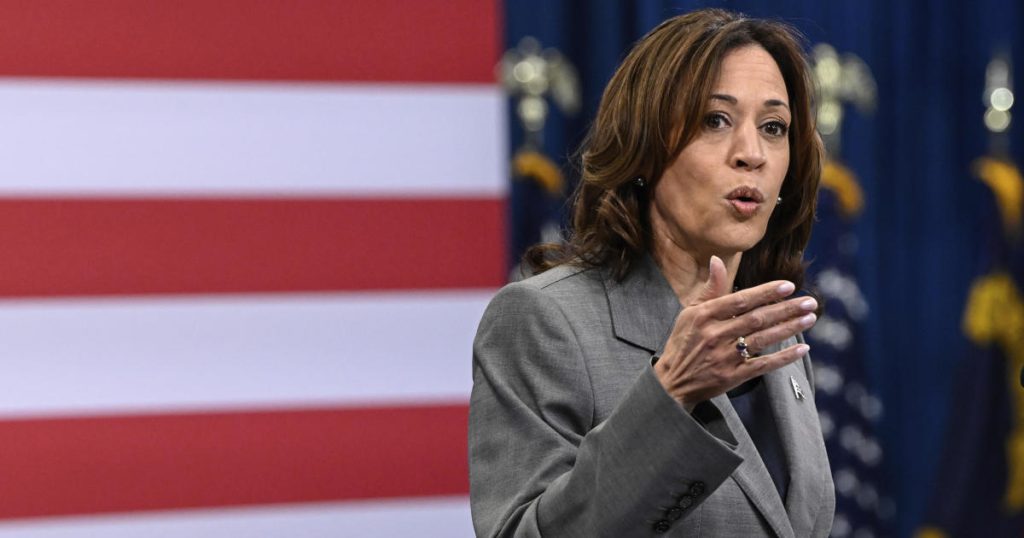The White House has issued a directive for all federal agencies to appoint chief artificial intelligence officers to oversee the government’s use of AI technologies and manage associated risks. This move is part of a broader effort by the Office of Management and Budget to ensure that the federal government remains current in the rapidly evolving field of AI. Vice President Kamala Harris announced the policy, emphasizing the importance of responsible AI use and the need for experienced leaders to oversee AI adoption.
Additionally, federal agencies are required to establish AI governance boards to coordinate and set guidelines for AI technology use within their departments. Some agencies, such as the departments of Defense, Housing and Urban Development, State, and Veterans Affairs, have already established these boards. The Biden administration plans to hire 100 AI professionals across agencies by the summer and implement “concrete safeguards” for using AI technologies that could impact Americans’ rights or safety by December. For example, the Veterans Affairs Department must ensure that AI used in hospitals does not produce racially biased diagnoses.
The White House will also mandate federal agencies to publish a list of their AI systems online, along with an assessment of associated risks and mitigation strategies. This list must be updated annually to ensure transparency and accountability. Vice President Harris highlighted that President Biden’s and her intention is for these domestic policies to be a model for global action. The government aims to set a standard for responsible AI use and establish frameworks to address the potential ethical and societal implications of AI technologies.
The oversight of federal agencies’ adoption of AI technologies is one of the responsibilities assigned to Vice President Harris. She has been actively involved in shaping the government’s vision for AI, including delivering a policy speech in London on the future of AI. AI has presented challenges for the Biden administration, notably through instances where AI was used to impersonate the president in robocalls and create fake videos online. The administration’s focus on AI governance and accountability reflects the growing importance of addressing ethical concerns and ensuring the responsible use of AI technologies in government operations.
The White House’s directive aims to modernize the federal government’s approach to AI and align it with current industry standards and best practices. By appointing chief AI officers, establishing governance boards, and implementing safeguards for AI use, federal agencies can effectively manage the risks associated with AI technologies and ensure responsible adoption. The Biden administration’s push for transparency and accountability in AI use signifies a broader commitment to ethical considerations and societal impacts of emerging technologies within the government sector.
Overall, the White House’s efforts to advance AI governance and oversight across federal agencies are intended to position the government as a leader in responsible AI use while addressing potential risks and ethical concerns. Through the establishment of clear guidelines, transparency requirements, and hiring initiatives, the administration is laying the groundwork for a more cohesive and strategic approach to AI integration within government operations. Vice President Harris’s focus on AI regulation and accountability underscores the importance of ethical considerations and societal impacts in shaping the future of AI policy in the United States.


